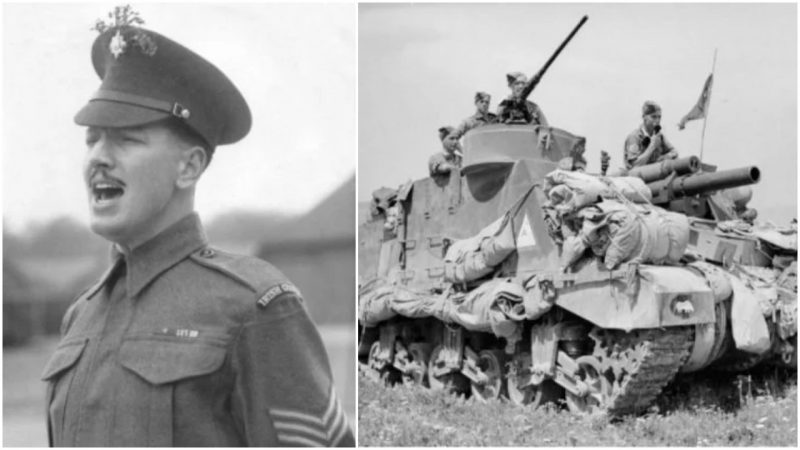It’s tempting to credit John Kenneally’s solo victory over 100 German soldiers during World War II to the luck of the Irish. However, he wasn’t actually Irish. No one was aware of this fact: not his comrades, his superiors, or the officials who bestowed a Victoria Cross on him.
Kenneally’s real name was Leslie Jackson, and he was born in England in 1921. An unexpected inheritance allowed him to get a fine education, and after graduating, he signed up for the British Royal Artillery.
When World War II began, his outfit was sent to a station north of London. This was not the exciting, battlefield assignment he was hoping for.
After taking a brief vacation, he decided simply to stay away from his unit which he found exceedingly dull. He met some Irish workers who were happy to help him remake himself, and shortly thereafter he was reborn as John Patrick Kenneally, an Irishman.
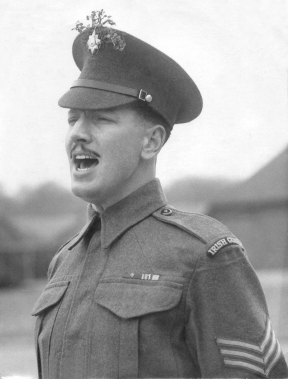
He promptly enlisted in the Irish Guard, new identity firmly in hand. His superiors had no idea that their newest serviceman was actually a British soldier who’d gone AWOL (absent without leave).
In 1943, Kenneally was sent to fight with the Irish troops in North Africa. Hitler and his “Afrika Korps,” as the German expeditionary force in Africa was called, were pushing hard to take Tunis.
The Irish Guard were ordered to occupy a strategic part of the land near the city and keep control of it, no matter what the cost.
They were under continual attack by the Germans, but they held their position. At one point, the Germans began to ready themselves for a battle on a nearby ridge. 100 soldiers were about to launch an attack precisely where Kenneally and his comrades were situated.
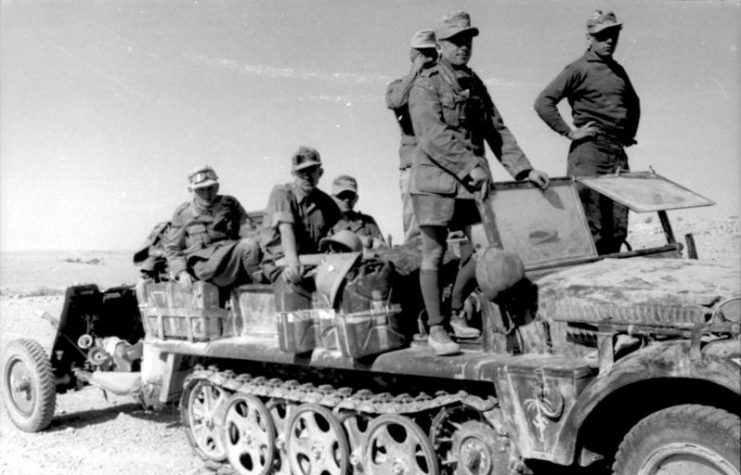
In a split second, Kenneally decided to take matters into his own hands to repel the coming enemies. Alone, he made his way down the hill, constantly firing with his machine gun.
The Germans were so stunned by the sight of this “lone wolf” that they became utterly confused and made a quick retreat. Kenneally made it safely back to his unit, but he wasn’t finished with the Germans yet. He did precisely the same thing just 48 hours later, though this time he took one other soldier with him.
Although Kenneally was injured during the second attack, he refused to abandon his post. He simply would not be taken to safety, and clung to his position, gun in hand.
Ultimately, his superiors realized the magnitude of his contribution to this battle and the North Africa operation overall.
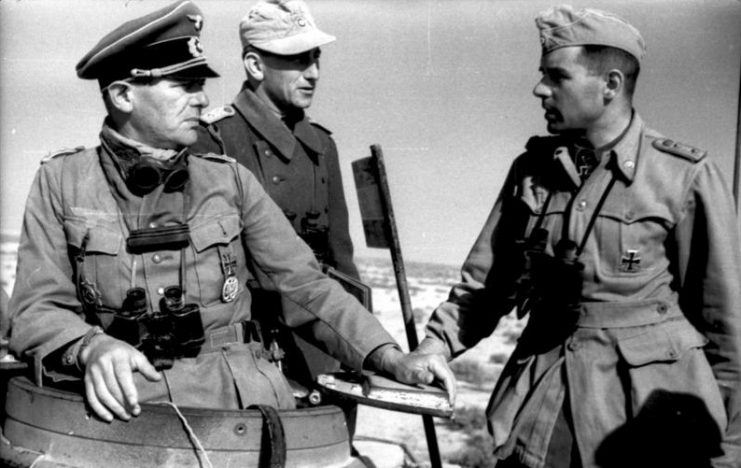
Kenneally allowed a promotion to sergeant to proceed but said “no” to an offer of a commission, preferring instead to stay with the rank and file.
In August 1943, to his utter amazement, Kenneally got word he would receive England’s highest military award: the Victoria Cross. Somehow, his true identity had long been buried in the bureaucracy and chaos of war. No one except himself knew who he really was. Even the notoriety of winning the Victoria Cross didn’t expose the truth.
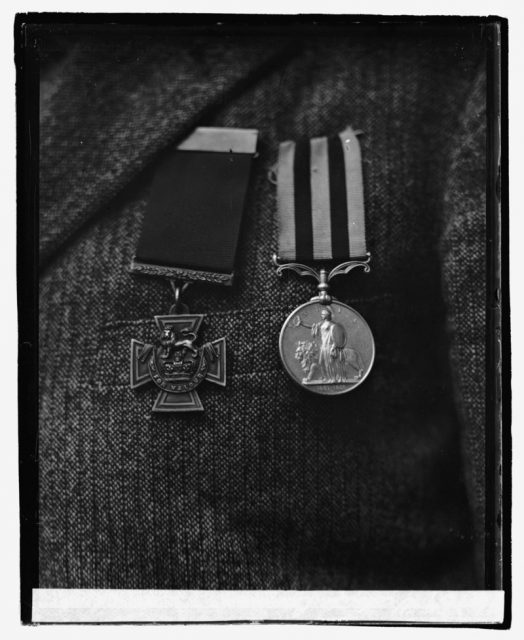
The war finally ended in 1945, and even when his life returned to normal, Kenneally’s secret remained with him alone. Winston Churchill, in his BBC address, Five Years Of War, mentioned the bravery of the Irish Guards. “I do not forget,” Churchill said, “[the likes of] Lance Corporal John Kenneally… and other Irish heroes.”
It wasn’t until many years after the war that Kenneally finally told the truth about his identity. He penned an autobiography, The Honour And The Shame, and revealed his duplicitous actions.
By then he was retired, and thankfully the British government chose to ignore his desertion. They took no action to strip him of his medal or his pension.
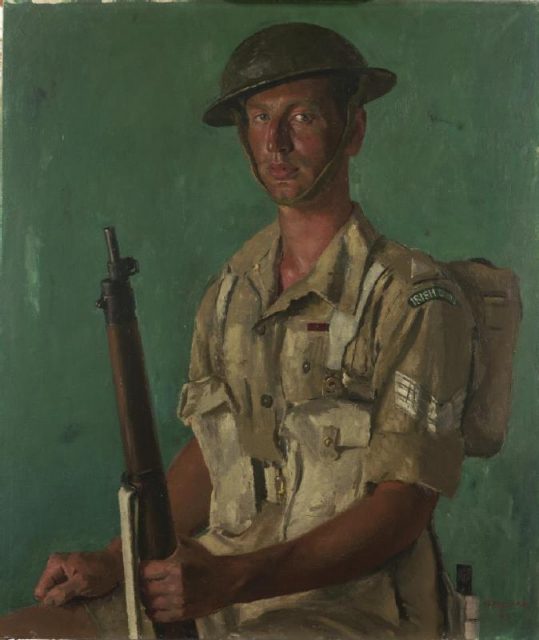
Read another story from us: Victoria Cross Hero: The One Man Tank Destroyer at Arnhem
His Victoria Cross still hangs at the Guards’ Regimental Headquarters at Wellington Barracks, in London. His book is still available on Amazon.
John Kenneally passed away in September 2000, in England. He may have taken an unorthodox route to heroics, but there is no doubt that, under any name, he was one of the bravest men to fight in the North Africa campaign of World War II.
